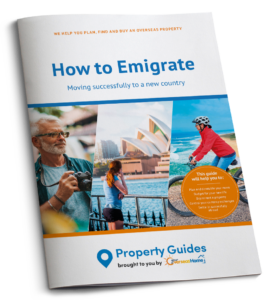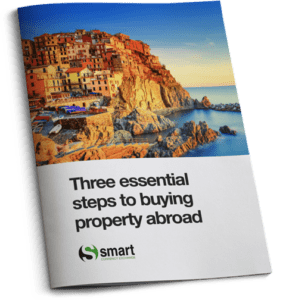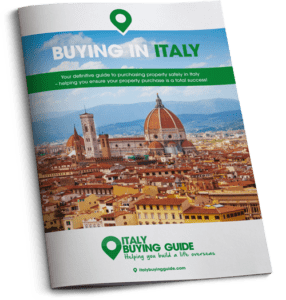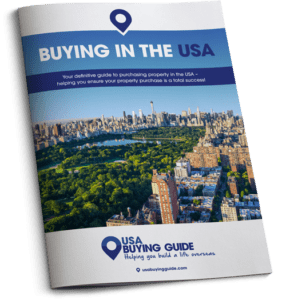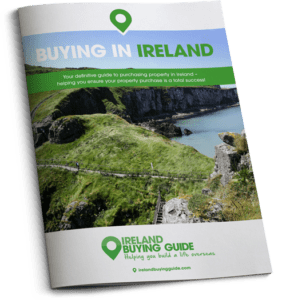The dream of owning a home overseas is alive and well! Spending your days at the beach in the sun, exploring the local markets and sampling delicious cuisine. Renovating an old farmhouse or decorating a city apartment. Enjoying a warm winter in southern Europe; then renting your holiday home out for a profit all summer… whatever you see yourself doing overseas – you can probably still do it however Brexit works out.
Deal or no deal, the British won’t be the only “third-country” citizens who want to live overseas. Property Guides has subscribers from Sydney to San Francisco, but it is only from the UK, lately, that people have been worrying about healthcare, visas and buying property.
Why the worry? Property Guides has delved deep into the likely Brexit scenarios – soft Brexit, hard Brexit or no deal – and we are confident that there are no realistic circumstances whereby British people need to abandon their dream.
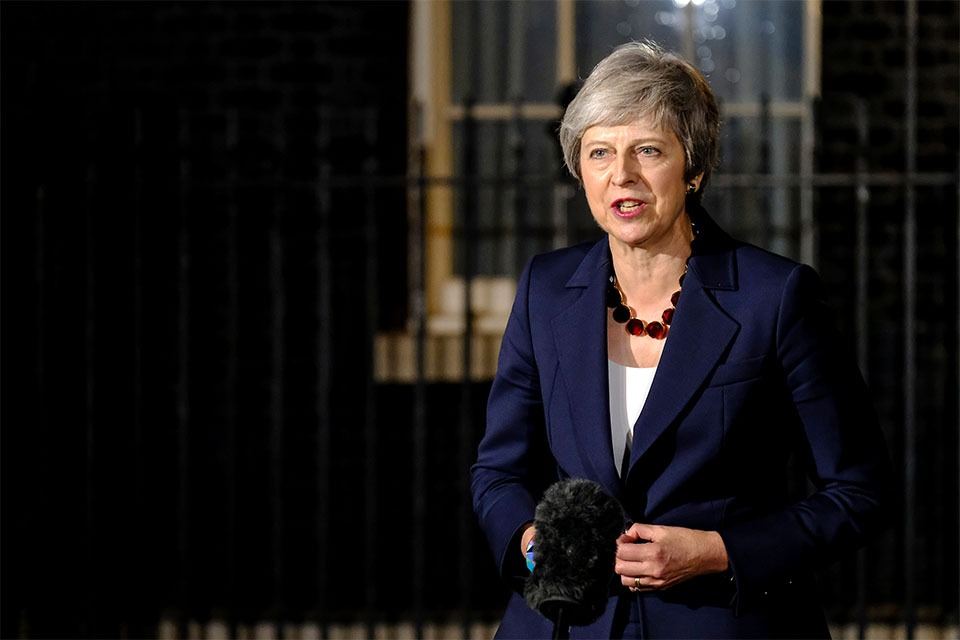
Theresa May making a statement on her Brexit plans outlined in the Withdrawal Agreement.
British people will have (a) no problem buying property overseas and (b) little extra difficulty or expense living there. Even with no deal. Here is how we reached those conclusions:
Property ownership is not one of the EU’s four freedoms and so your right to buy property in Europe will not affected.
Property
Property ownership is not one of the EU’s four freedoms (goods, capital, work and services) and so your right to buy property in Europe will not be affected. That applies in whatever form Brexit happens, even with no deal.
If you’re buying overseas, the main area of risk from Brexit is suddenly moving exchange rates. You can completely remove this from the equation – discover how to lock in a single currency rate for an entire year in the free Property Buyer’s Currency Guide.
Health
A Brexit deal should mean we can rule out worries over healthcare. The current plan, as outlined by the UK Health Secretary, is for the UK to continue the EHIC system and pay for reciprocal healthcare in EU countries. This will cover British retirees and “those with chronic conditions, disabilities or other long-term conditions that require ongoing medical attention.”
A Brexit deal should mean we can rule out worries over healthcare.
In the event of no deal you may need health insurance until a new EHIC system can be worked out:
- If you’re NOT living in an EU country full time, normal travel insurance should suffice.
- If you work in the EU, you’ll pay into your host country’s social security and will be covered.
- If you are on a long-term visa, you may need comprehensive insurance. There is already a wide variety of options available for as little as €300 per month.
Visas
British people will automatically become ‘Third Country’ nationals in the EU. The good news is that European leaders have stated categorically that even with no deal people from the UK will not require a visa for visits of 90 days or fewer in every 180. So you can travel backwards and forwards as many times as you like.
If you stay for longer than that, you may need a visa.
Working
The British government says that EU citizens moving to work in the UK after the transition period will need a work visa. We can assume that would be reciprocated by EU. If you need a work visa you will be just like the hundreds of thousands of non-EU people successfully working in the UK. If you want to, it is perfectly possible to learn the local language, get your UK qualifications recognised, and work in an EU country. Why not give it a try?
Other options include investor visas, company transfers and the European Blue Card. There is also the Irish passport option. Over 10% of the British population qualifies for one, and the processes to apply are simple and inexpensive.
Retiring:
Nothing has yet been announced about the “economically inactive” moving countries. A visa waiver system may be implemented as they won’t be taking jobs from local people. You may have to prove sufficient income to avoid being a burden on the state. That varies from country to country, but is generally around €10,000-15,000.
Third-country nationals need a visa if staying for more than 90 days in any 180. So you will be able to live in the EU for half the year.
Of course there may be paperwork involved – but the EU has a modern and well-run bureaucracy and we are confident that the processes will be simple and transparent, as they are for American and Australia buyers today. In short, even with no deal, there are many ways to get a visa for EU, and most of them are quite painless.
“I’m buying a holiday home”
No problem. Nothing should change.
“I’m buying investment property”
Buy away, there will be no restriction.
“I’m retiring”
You may need a visa, but we expect it to be a simple system or visa waiver. At worst, a logn-stay national visa shouldn’t cost more than €150. Some countries also have ‘golden visas’, granting residency if you buy a property of a specified value.
“I’m just visiting my home!”
You will have no problem at all entering or exiting the EU. Other Third Country nationals such as Americans, Australians etc. don’t need a tourist visa in advance, and we have had no reports of them being held up unduly at customs.
Brexit positives
Not only are the potential problems with Brexit likely to have been seriously overblown, but there will be benefits too.
- The worries of so many British people about Brexit – we believe unfounded – have held back demand for property in countries like Spain. This is a great time to buy for those willing to fill in a couple of extra forms!
- Similarly, the evidence is that some Brits in the EU are returning to the UK, gaining from the weakness of the pound compared to pre-Referendum levels. This is a real opportunity to make an offer on under-priced property.
This is a great time to buy in the EU for anyone willing to fill in a couple of extra forms!
If you are ready to move overseas, contact the Resource Centre on 020 7898 0549 or email [email protected].
If you are still at the planning stage, download our country buying guides below.





